Guns and domestic violence
Wednesday, 13.07.2016.
15:06
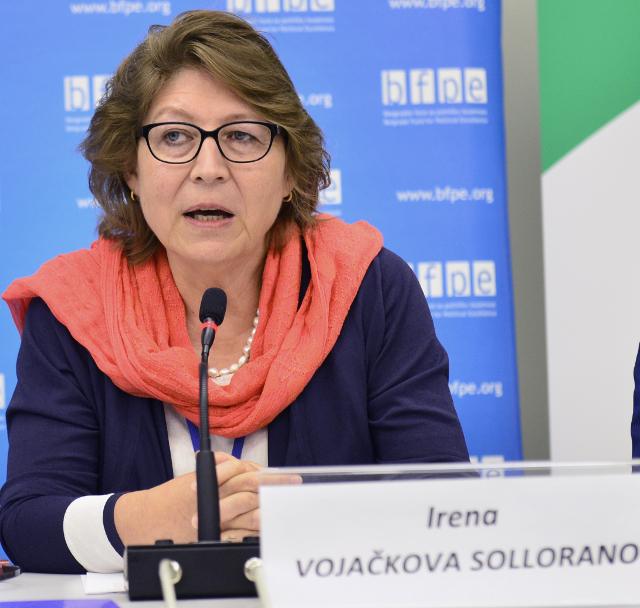
Guns and domestic violence
I am deeply saddened to see Serbia go through one of its most tragic weeks, following another mass shooting with five dead and twenty injured. The events in Zitiste a few days ago brought to light once again three major but often ignored problems – the large scale availability of illicit firearms, its impact on public safety and most specifically its impact on intimate partner and domestic violence.As the rest of the Western Balkans, Serbia is awash with firearms. The authorities estimate that between 200,000 and 900,000 weapons are in illegal possession, a staggering figure. These weapons are cheap and widely available. One of those weapons was used in Zitiste. However, judging by much of the response, few were shocked that someone possesses an assault rifle, even though it is illegal. And here lies the problem.
The widespread availability of small arms and light weapons, their unknown whereabouts, their lethality are a serious threat. Apart from the obvious problem of fueling crime, their uncontrolled proliferation is spreading insecurity to the rest of the continent, with illegal weapons from the region used in terrorist attacks in Paris and Brussels. Therefore, this threat needs to be taken very seriously.
But this is not the only problem. There is a clear correlation between illicit firearms possession and domestic and intimate partner violence. Data collected by the Women against Violence Network show that in Serbia in 2015 as many as 45 percent of women victims of intimate-partner violence were killed by firearms. According to the Geneva Declaration Secretariat Database for 48 countries for which reliable data were available for the period 2007 - 2012, Serbia was ranked seventeenth by the percentage of female homicides committed with firearms. It is estimated that the presence of firearms increases the likelihood of a lethal outcome for women five to twelve times in comparison to cases were firearms are not involved. Therefore, having a gun in home does not protect women, in practice it poses a risk of a lethal outcome.
Domestic violence is complex phenomena and tailor made measures are needed. Fortunately, there are practices to learn from. For instance, legislative reforms in respect to ownership and licensing undertaken in countries such as Canada and Australia which took into account the specific nature of domestic violence led to sharp decrease in overall homicide rates, and particularly to the decrease in femicide. In Canada, overall homicide rate was reduced 15percent while female homicide rate dropped 45 percent. This clearly shows that there is a strong link between introducing tougher and targeted weapon control measures and the decrease in lethality of the outcome in cases of intimate partner violence.
Getting rid of illicit firearms requires a long-term strategy, full unwavering commitment across political party lines and complex solutions. Legalization and collection campaigns are part of the solution, but for them to be effective, they need to be long lasting, well planned, safe, engaging, innovative and contribute to building trust between the police and citizens. Handing over weapons to the police should be conducted in a safe manner avoiding as much as possible putting citizens and police officers in harm’s way.
As an EU candidate country, Serbia will have to overcome serious hurdles on its path to European Union membership with almost a million illegal firearms. It can only do this if it alters its policies so that they fully recognize the lethal risks that illegal weapons pose not least so in domestic and intimate partner violence cases. The problem at hand cannot be resolved only through repression and enforcement. Instead, it requires a long term commitment and a strong, synchronized social and institutional response. The United Nations stands ready to support the Government in implementing these changes.
Irena Vojackova-Sollorano is UN Resident Coordinator and UNDP Resident Representative in Serbia









































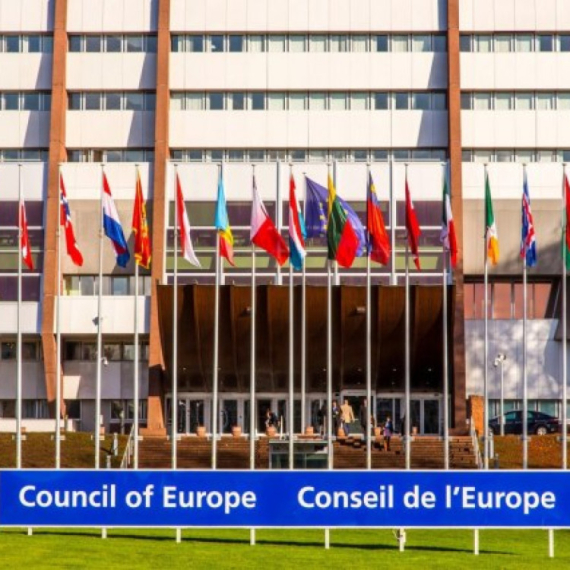










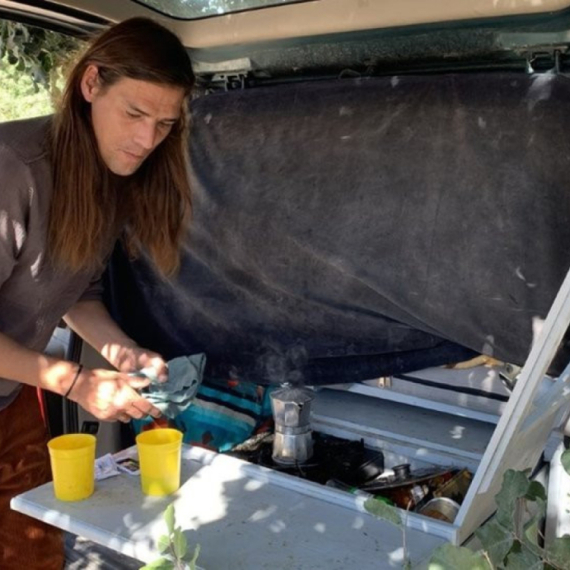
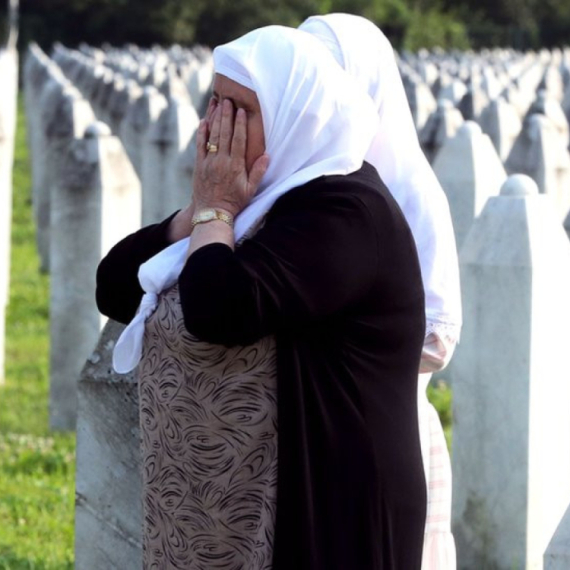


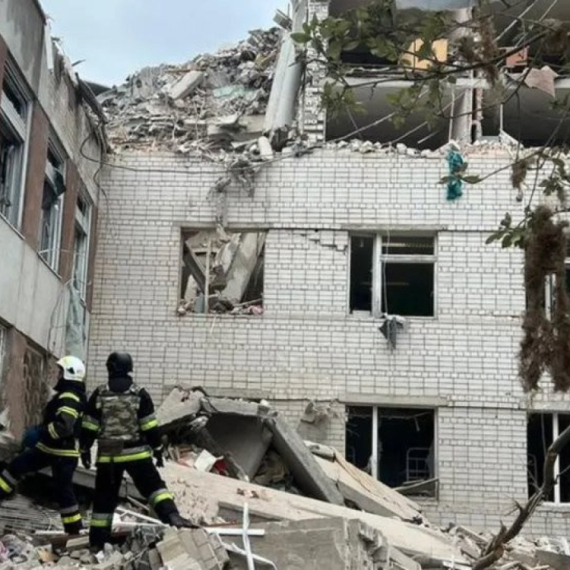

Komentari 4
Pogledaj komentare